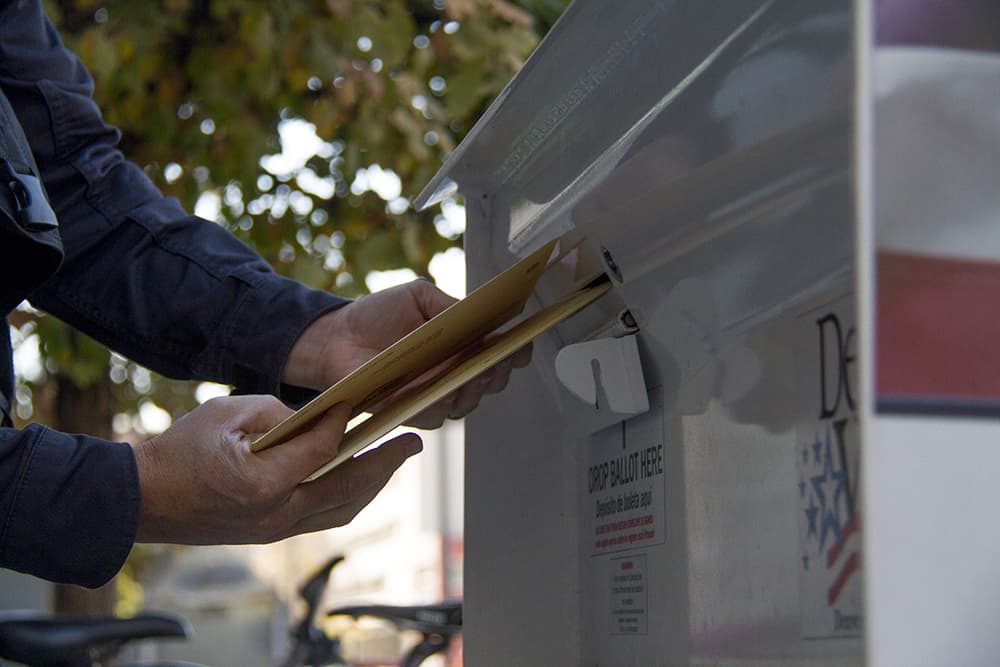The Colorado Secretary of State's Office received a new request Wednesday from the Presidential Advisory Commission on Election Integrity for information on the state's voters.
This is essentially the same request as the commission sent out in June, and Secretary of State Wayne Williams had intended to comply by July 14, as requested. However, the Electronic Privacy Information Center went to court to try to block that request, and the commission asked the states to sit tight.
The court denied EPIC's request for an injunction blocking the commission from receiving voter information, so the request has been sent again. A spokeswoman for the Secretary of State's Office said the information will be sent Monday, July 31, in accordance with the Colorado Open Records Act, which gives government agencies three business days to respond to a request.
Williams said the commission is taking extra security precautions with people's data that he had requested earlier this month.
As a reminder, the voter registration information that will go to the commission is publicly available and shared regularly with campaigns, political candidates and journalists.
It includes:
- full name
- address
- year of birth
- political party
- vote history
"Vote history" means a record of which elections you voted in, not how you voted in those elections. The commission will not get full dates of birth or Social Security numbers.
If you recently un-registered to vote in Colorado -- as more than 3,300 people have -- the commission won't get your information. Kansas Secretary of State Kris Kobach, the vice chair of the commission, suggested in an interview with the right-wing site Breitbart News that the people who removed themselves from the rolls in Colorado might be unauthorized immigrants or convicted felons who didn't want to be caught voting in a thorough study of the rolls. Williams rejected that contention and urged people who un-registered to re-register before the next election.
“Clearly we wouldn’t be asking them to re-register if we didn’t believe they were eligible,” Williams said in a press release.
The commission was formed after President Donald Trump repeatedly said, without any evidence, that millions of people voted illegally in the 2016 presidential election. Kobach has made Kansas one of the hardest states in which to vote, and he believes there are too many loopholes that allow ineligible people to vote.
That's why advocates for voting rights are concerned about the recommendations that might come out of this commission. In his letter to the states, though, Kobach said the commission does not have any sort of agenda.
"The commission will approach all of its work without preconceived conclusions or prejudgments," he wrote. "The members of this bipartisan commission are interested in gathering facts and going where those facts lead."













